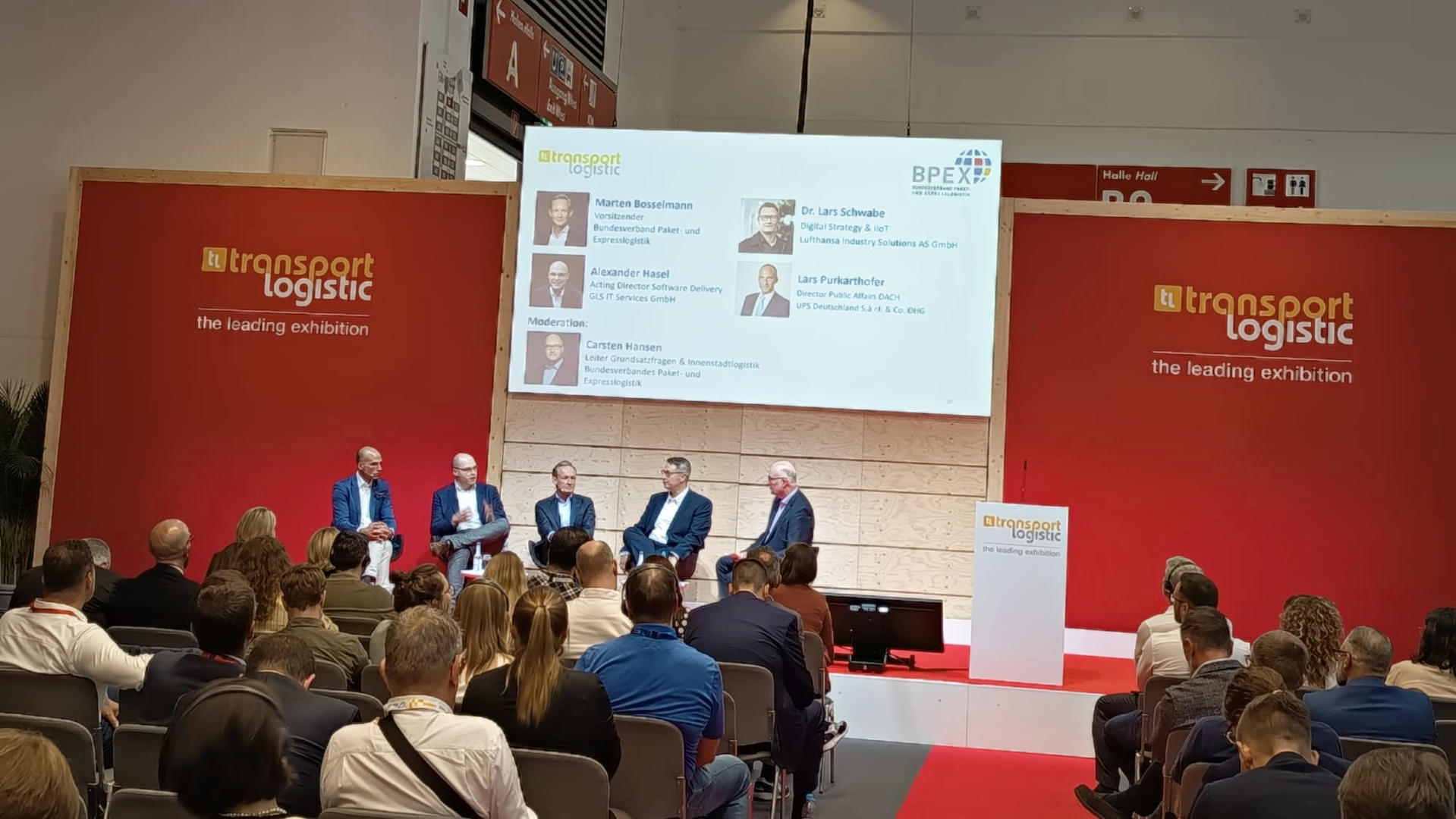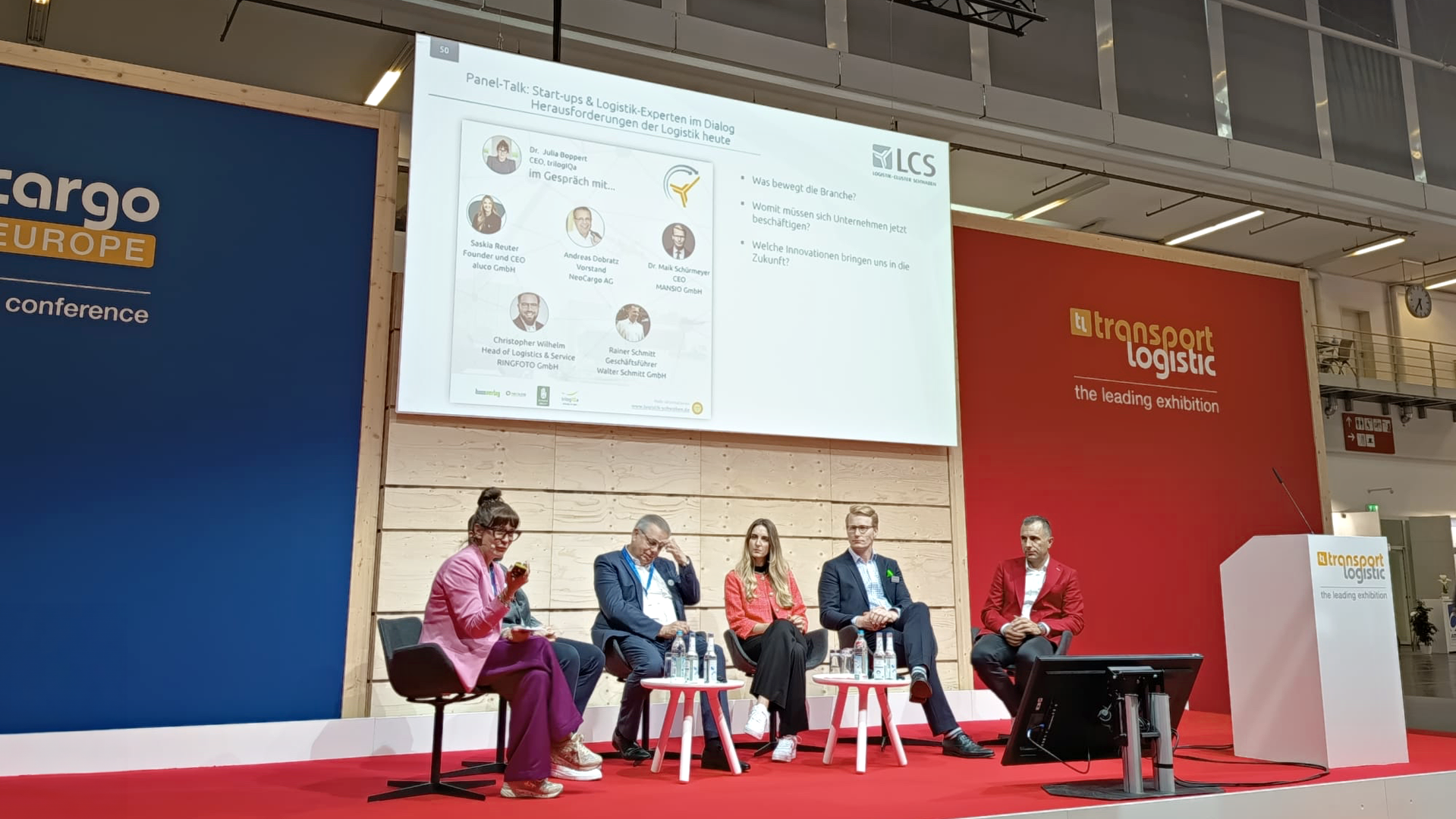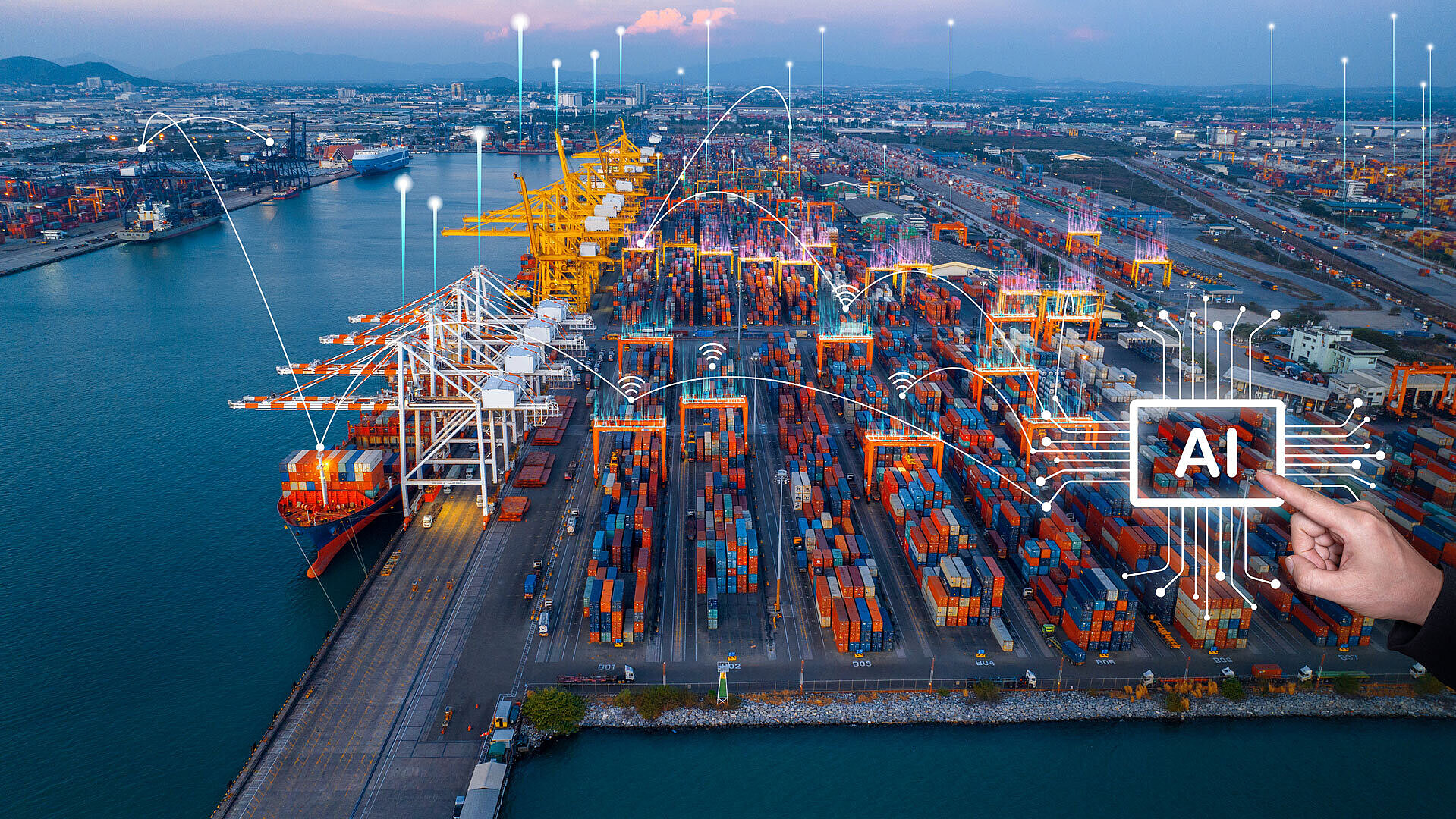
Freighters, forecasts and flexibility

Despite tight capacity due to delivery delays for wide-bodied freighters, cross-border e-commerce was still booming in 2024. According to studies, e-commerce companies are expected to generate 24.5 percent of all global retail sales this year. However, new US tariffs could put the brakes on transpacific trade - with consequences for air freight operators worldwide. What factors are currently boosting the industry or creating headwinds? And how can air freight be positioned for the future in an increasingly unpredictable geopolitical situation?
"New tariffs and regulations are nothing unusual for us. The difference today, however, is the significant increase in volatility,“ said Jannie Davel, Chief Executive Officer at MSC Air Cargo, during a panel discussion on the ”Future of Air Freight and Freighters“ on Wednesday. "In the past, we usually had 60 to 90 days to adapt to new requirements or regulatory filings. Today, we have to react much faster.“
However, being agile and adaptable has always been the company's aspiration. What is changing, however: "Instead of traditional gateway models with a central hub infrastructure, we are increasingly relying on a network of several nodes. The development will continue - with even more dynamism." Global trade will clearly show this.
“We clearly see ourselves as a carrier for freight forwarders and rely on a broadly diversified customer portfolio - so as not to be too dependent on individual market segments,” Davel continues. "Our focus is on high-tech, pharmaceuticals and specialized solutions. E-commerce is an important driver, but real flexibility comes from diversity in the customer base."
According to Nadeem Sultan, Senior Vice President Cargo Planning & Freighters at Emirates Sky, it is becoming increasingly difficult to align expectations. "New political developments bring fresh challenges every day, which has intensified communication with customers. Schedules have to be adjusted almost daily - volatility is constantly increasing."There have always been surprises in the industry, whether due to geopolitics or other factors. But today, many airlines follow the news around the clock so that they can react quickly to tariffs and trade embargoes. “Volatility remains the key factor,” says Sultan.
Nevertheless, trade flows will not stop and the industry is adaptable enough to react. “We are building our own network and relying on a global gateway model that allows us to react flexibly and dynamically to changes,” reported Michael Jonas, Vice President Air Logistics Gateway & Procurement Germany Kuehne+Nagel. “The number of disruptions is increasing every month, so we have to remain agile.” After all, customers continue to expect the logistics service provider to find solutions for their freight - even under difficult conditions.
“This is precisely why we strive for maximum flexibility, also in close cooperation with our global partners.” In the end, it all comes down to smooth cooperation. Especially in the current situation, for example, it is crucial to be informed promptly about flight schedule changes and forecasts. “We are trying to work closely with our customers to gain insights as early as possible - but even that is not always the case.”
“For us, it's a question of supply and demand,” emphasized Oliver von Tronchin, Head of Freighter Marketing at Airbus. “More demand leads to more requests for freighter aircraft - that's clear.” E-commerce has boosted demand in recent years. The crucial question is: "How will this continue to develop? Tariffs of 150 percent have hardly any impact on e-commerce shipments of 2.15 US dollars."
Changes to the de minimis rules and their European equivalents are more critical. Flat fees per transaction would be particularly problematic - 50 to 200 US dollars are being discussed. "A 100-dollar fee for a 2.75-dollar item would prevent purchases. This could put a considerable damper on e-commerce and thus affect our demand for freighter. We'll have to wait and see how that develops."
According to John Perdoch, Director of Product Marketing for Freighters at Boeing, "uncertainty" and "flexibility" have been the most frequently heard words in recent weeks. Freighters are among the most flexible trading instruments in the world, as they can transport critical freight. “E-commerce has been a big driver of growth, but our core business is general cargo with critical commodities, pharmaceuticals, food and perishables, and that will continue.”
The market outlook covers the next 20 years. “The fundamentals - industrialization, production, GDP and trade - remain solid in the long term and allow for industry growth of four percent annually,” Perdoch continues. "We have a long-term focus on freight and see no change to this strategy. Our commitment to the market remains unchanged.“
In any case, volumes between Asia and Europe increased again in May compared to the same period last year, reports Sultan. The effects will not become apparent until mid-August, when the permanent regulations are known. There is still a lot of uncertainty. However, one thing is already clear for the companies: e-commerce will continue to be important for air freight in the future. “Cargo will find its way and otherwise shift to other countries,” added Jonas.
A few other trends are also emerging: for example, a shift back to traditional markets, such as South Asia, can be observed. And even if the new tariffs are introduced, this will not necessarily lead to a drastic decline in trade. Instead, it could lead to an adjustment of supply chains and production locations - for example by relocating production to other countries with more favorable conditions. This creates a new balance. (cb)



